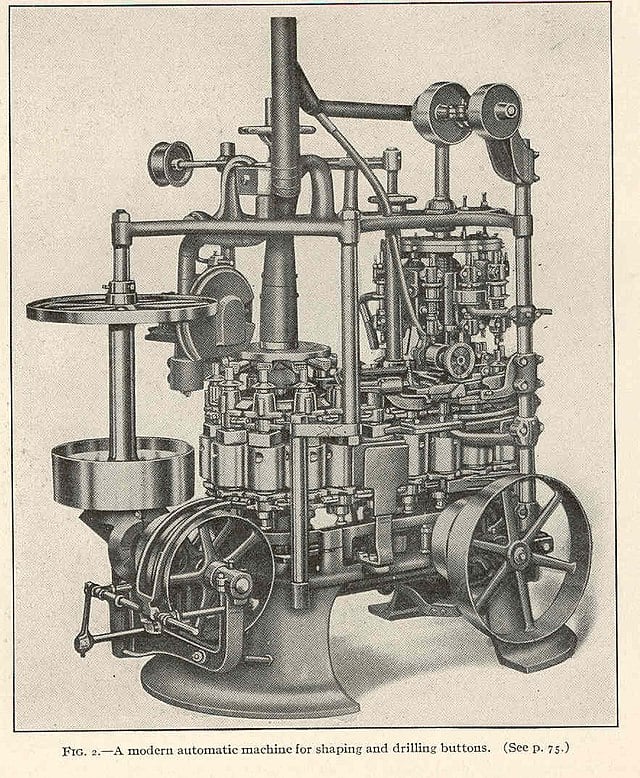We’re preparing to move about 1000mi.
I’m getting my truck ready to tow a trailer for our three potbelly pigs, two cats and a dog.
'98 Ranger XLT with 4.0L V6, auto trans. Rated for 5900lbs tow, 9500 gross. Even has the overdrive disable and good rear end ratio.
I’m adding a Redarc Liberty brake control. The 7-way plug kit I got includes 30 and 40 amp auto reset breakers for the control and trailer power.
Here’s the thing. I don’t like the idea of an automatically resetting breaker at 30 amps or more due to the risk of fire or frying the electronics in my truck. I would prefer to install manual reset breakers. I understand that an auto reset might allow some brake capability in the event of a short and that is why they are used. I just don’t feel like the auto breaker justification is that likely vs the other risks of auto breakers.
How long does it take the auto breakers to reset?
What are the real world risks using manual reset breakers?
Opinions/thoughts greatly appreciated!
To answer any of your questions we’d need to know what 7 way plug kit you got. Depending on the type of auto reset it can be minutes before reset, seconds, or it might stay disconnected until power is cycled.
Frankly I think you’re overblowing the risks in all scenarios here. If you have a short in your brake circuit that blows a breaker, they’re not going to work anyway regardless of what kind of breakers you’re using. Auto reset breakers aren’t going to fry your trucks electronics, nor should a short, because you should also have a sensible fuse on the circuit (unless you hooked up directly to your battery you probably do).
7-way kit is ETBC7 from etrailer. Breakers included are Pollak PK54230 and PK54240. These are thermal overload breakers and typical of 12V auto reset breakers. They get hot and a bimetallic strip flips up breaking the circuit.
These breakers are used instead of a fuse. That’s why I’m thinking of using manual reset.
I can just see them ticking away if there was an unattended short.
Edit: Also, the instructions on that ETBC7 kit include grounding directly to the battery. I assume, since so many people suck at electrical, that’s the safest way to ensure there is a proper ground. I’ll be making my own good ground somewhere with bare metal.
The point of direct negative is to minimize any chance of a bad connection causing brake failure in the worst of situations. Making a “good ground” for a 30a load is not as reliable as a direct connection to the battery. This isn’t a knowledge and skill thing, it’s eliminating the chance that the resistance stack up of frame welds, rust, wire fatigue, wire corrosion, greasy terminals, undersized factory electrics, high loads between the battery and the ground making a voltage divider, non-welded adhesive body joints, thin sheet metal, undersized hardware, and thermal expansion don’t cause failure in the worst of situations.
The auto-reset breaker’s point is to minimize the chance of total brake failure in the worst of situations. If you are worried about an unattended short draining your battery, then unplug the trailer when parked. Your electronics won’t get fried from this kit. It’s no different than leaving your lights on. Imagine a frayed wire causes an intermittent short as the trailer bounces. Would a 3 mile downhill run be the time you’d wish you could manually reset the breaker?
I’m not saying you’re going to die. I’m not saying you don’t know what you’re doing with wiring. I’m saying someone put in effort to make a reliable system with liability for manufacturing defects. These aren’t solutions for lazy people, it’s for minimizing risk


